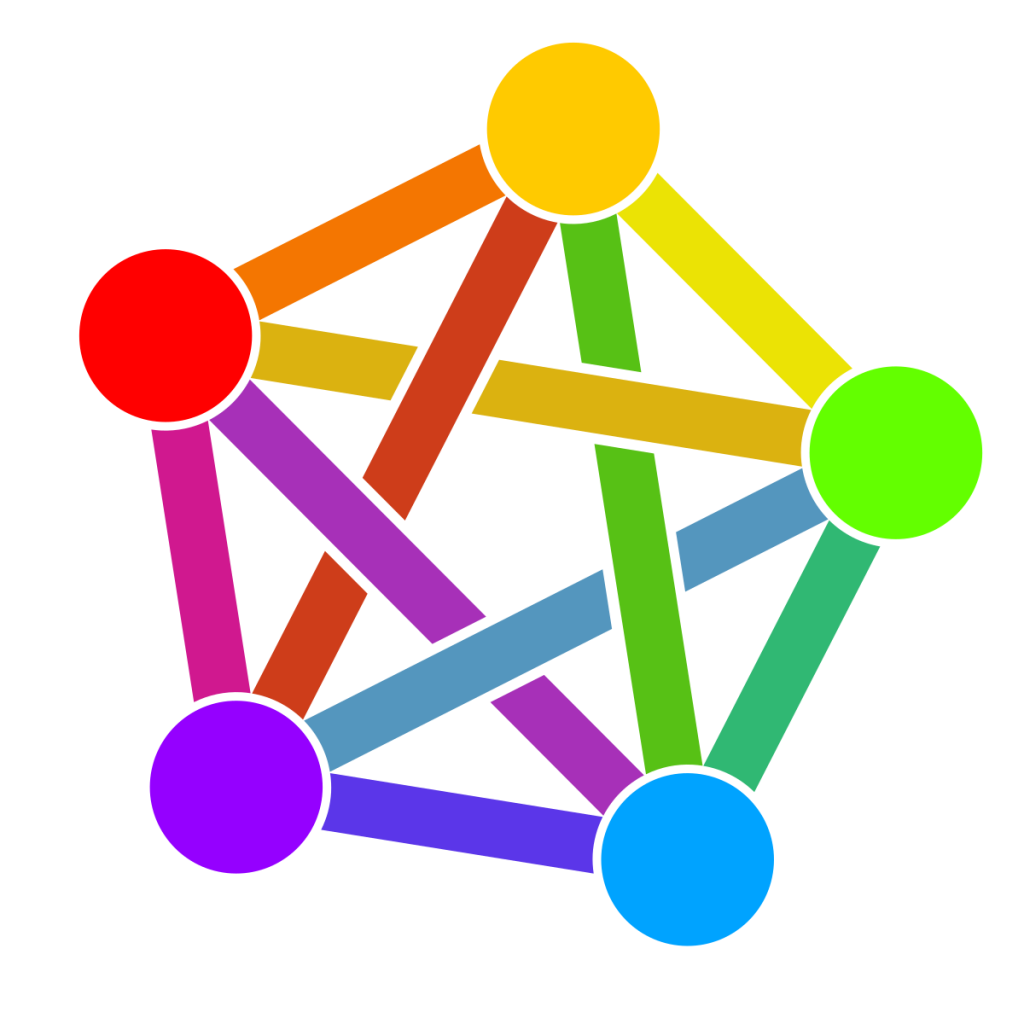The big social media platforms are unreformable. Its time we vote with our feet, argues Dr David Clubb
Social media has energised the way in which we interact, communicate, promote and understand. As with any tool, it has the ability to be used for good, or for ill.
I don’t intend here to detail the way that social media is used to abuse, to pillory, to demean and to spread hate. Nor is this a treatise about whether it’s democratically healthy for social media to be used by political parties or corporate entities to micro-target individuals or small communities with messages which may only be loosely based on fact, or indeed a complete fiction.
Instead, I want you to take a moment to imagine participating in a social network free from hate; one which doesn’t answer to shareholders; and where paid advertising directed by surveillance capitalism is not possible.
Now I want you to take a step further; I want you to imagine that same network, where you can share a picture (same way as Instagram); share a blog post (same way as Medium); share a micro-blog (same as Twitter); share a video (such as with YouTube) – and all the content from all those different platforms is brought to you in one place.
Hang onto your hats – it’s already here!
Unbeknown to most internet users, there’s a quiet revolution taking place on the fringes of the social web which merits close examination. Fed up with pleading to Twitter, Facebook, Google and other internet giants to take action on abuse and to act on genuine privacy concerns, the open source community has created solutions which herald the dawning of a new era of accountable social media.
And Wales could be at the vanguard of this revolution, thanks partly to some imagination and drive from a boy from Barry who made it in New York, Jaz-Michael King.
The Fediverse
Before diving into how to join the revolution, it’s worth talking about how the Federated Universe (Fediverse) operates.
Unlike the existing social media monopolies, the Fediverse has no central company controlling the flow of content, and deciding what to permit or ban.
Instead, there’s a plethora of small sites – ‘Instances’ – which operate semi-autonomously from one another, but which are linked (federated) so that content can be viewed simultaneously on all federated platforms. Authors retain ownership and control of their content, while citizens can pick and choose the content and people they wish to connect with, free from profit-driven algorithms and their associated echo chambers.
So somebody posting a photo on Pixelfed (a federated photo-sharing site, which looks and feels just like Instagram) will instantly share that image with all their followers, on whatever ‘Instance’ they’re based.
Likewise, someone posting a micro-blog on a federated account (such as Mastodon) will share that post with all their followers across all whole ‘Fediverse’.
No more hate?
Whilst it would be a stretch to say that hate has no place within the Fediverse, it’s certainly no exaggeration to say that it is a far more pleasant place than most conventional social networks.
That’s because most Instances have rules which forbid unpleasant behaviour. The decision about what constitutes acceptable behaviour is up to the administrators or the community of that individual Instance, but if unpleasant behaviour consistently appears unchallenged on a specific Instance, it’s possible that all other Instances could sever ties, effectively inoculating the rest of the Fediverse from the content that’s being posted in the ‘bad’ Instance.
Indeed this has already happened in July this year, where an Instance supporting far-right speech was blackballed by many other instances, significantly limiting its ability to interact with the rest of the Fediverse. The success and growth of the Federation as a movement has been significantly driven by the growing dissatisfaction and loss of trust that the international corporate networks cannot (or will not) manage, and that smaller, locally-driven communities are more able to effectively self-manage.
Wales at the forefront
So – how could Wales be leading the charge?
Enter Toot.Wales, the brainchild of émigré Jaz-Michael King. Toot.Wales is Wales’ own instance of the micro-blogging site Mastodon. Fully bilingual by default, it is also on the verge of deploying its first mobile app for Android (with ios development underway).
Toot is also the host for Wales’ own answer to Instagram, via Pix.Toot.Wales, and for a ‘lite’ blogging experience via Blogs.Toot.Wales.
I often see people on Twitter complaining about certain functionalities not being available, including the most basic need for a Welsh language interface; about tools to control or limit abuse, about access to one’s own data and the right to delete it or download it.
My response is: leave the network. The influence we have with the owners of Twitter, Facebook or any other mainstream social media platform is vanishingly small. If complaints by users have implications on profit, they are unlikely to become a corporate priority. Regulation is possible, but is cumbersome, hard to enforce and likely to date quickly.
So we must vote with our feet. We have within our own hands, literally and metaphorically, the means to turn our backs on networks which value profit over privacy, and to champion an open source ethical alternative.
I believe that Wales can demonstrate to the rest of the world that it’s possible to take a stance on this issue. Already facing a crisis in media, we should no longer submit to the whims of global corporate giants. With so much of the information we receive being more or less completely out of the control of the people of Wales, this is one area where we genuinely can, and we should, be taking back control.
You can follow David Clubb on Toot.Wales and Pixelfed.
All articles published on Click on Wales are subject to IWA’s disclaimer.




